The idea to create a Rheumatology Institute in Poland dates back to 1930. Back then the first Polish convention concerning researching and combating rheumatism took place in Inowrocław. Among the resolutions adopted at the convention following request has been maid: “the convention considers the creation of an institute researching and treating skeletal issues as necessary”. This request has been implemented only after World War II, especially out of the initiative of Prof. Eleonora Reicher, MD, PhD.
In 1948-1951 following entities were the clinical base of the emerging State Institute of Rheumatology (SIR): a rheumatology clinic managed by Prof. E. Reicher in her own flat at Polna street in Warsaw, a department of the Internal Medicine Clinic in Gdańsk, a balneology department in Cielice Śląskie managed by Dr. Włodzimierz Brühl.
On 16th January 1950 the SIR moved in onto the premises of the rebuilt 3. pavilion of the State Clinical Hospital no. 1 in Warsaw at Nowogrodzka street 59, sharing those premises in the beginning with the Dermatology and Venereology Institute. In 1951, pursuant to a regulation of the Council of Ministers, the institution was renamed to Rheumatology Institute.
Back then there were 112 hospital beds in the Rheumatology Institute (in total in Warsaw, Konstancin, Kraków and sanatorium centers). After only a few years it turned out, that the amount of materials and the staff size are insufficient for the Institutes tasks. Out of those requirements, out of spontaneously developing scientific, training and organizational activities, finally on the initiative of the Health Minister and out of efforts of the management of the institution (especially Prof. Eleonora Reicher and Dr Hanna Dworakowska), a new form of the Institute was established. From a small hospital pavilion the Institute moved to its own premises at Spartańska street 1 in Warsaw.
The first patients were transported on 30th April 1962 from the old premises to Spartańska street. A new era began for the Institute. In the spacious, modern building not only basic rheumatology clinics found their place, but also a rheumatology clinic for children, a orthopedics, neurological, laryngological, a metabolic and haematological, a cardiac clinic as well as the only urate gout department in the country.
Several scientific and service facilities were organized: a pathological anatomy department, a biochemistry department, a microbiology and serology department, a radiology department, dental surgery, a medical rehabilitation department, a department for the organization of combating rheumatic diseases as well as an ophthalmic and an outpatient clinic. There were 400 beds in the Institute in total.
In 1980 this number decreased however to 285, because the cardiosurgical clinic has been separated out of the Institute and included in the newly established Cardiology Institute.
Pursuant to the regulation of the Health Minister, the Rheumatology Institute received at 1st October 2003 the patronage of Prof. Eleonora Reicher, MD, PhD. According to statutory tasks, the Rheumatology Institute is doing research on rheumatic patients. The results of studies serve to explain the etiopathogenesis of rheumatic diseases, improve and enhance diagnostic methods, develop and evaluate new methods of pharmacological, surgical treatment and rehabilitation.
The Institute conducts epidemiological studies, the results of which are being used in the treatment and prevention of individual and social consequences of rheumatic diseases. As part of health promotion it supports patient associations, publishes educational material addressed to patients, edits the journal Złoty Środek, cooperates with the media.
The employees of the Rheumatology Institute published more than 4100 scientific papers within 58 years and were authors of 30 rheumatology textbooks. The results of their studies are presented on all important conventions and symposia in Poland and abroad. The Rheumatology Institute cooperates closely and is doing joint research with leading research and clinical centers in the world. From the very beginning the Institute is being the publisher of the bimonthly (formerly the quarterly) Reumatologia – together with the Polish Rheumatology Society, from 2000 – also of the quarterly Central European Journal of Immunology.
For their scientific achievements the employees of the Institute are being awarded since 1955 prestigious awards and many of them have been chosen honorary members of Polish and international medical societies. For more information on this topic see Historical committee.
The Institute educates rheumatologists from the very beginning. It also conducts training for chief doctors of other specializations, for family doctors, nurses, physiotherapists and students of the Medical University of Warsaw – also for the English teaching department.
During almost 60 years of its existence, there have been huge organizational changes, expressed not only in new names of the clinics and departments, but mainly in their profiles. The current structure of the Institute is very diversified – as a result of own experiences, the understanding of the treatment needs, the progress of knowledge and the interests and qualifications of the personnel, especially the scientific staff.
The history of the Rheumatology Institute continues. The Historical Committee of the Rheumatology Institute is keeping its memories and its history.






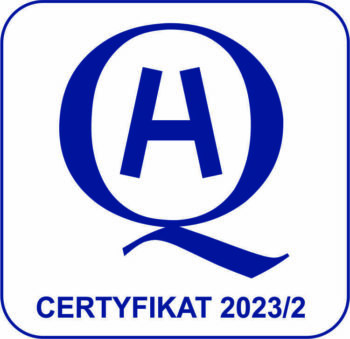
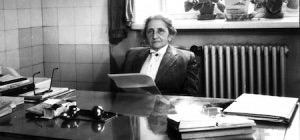
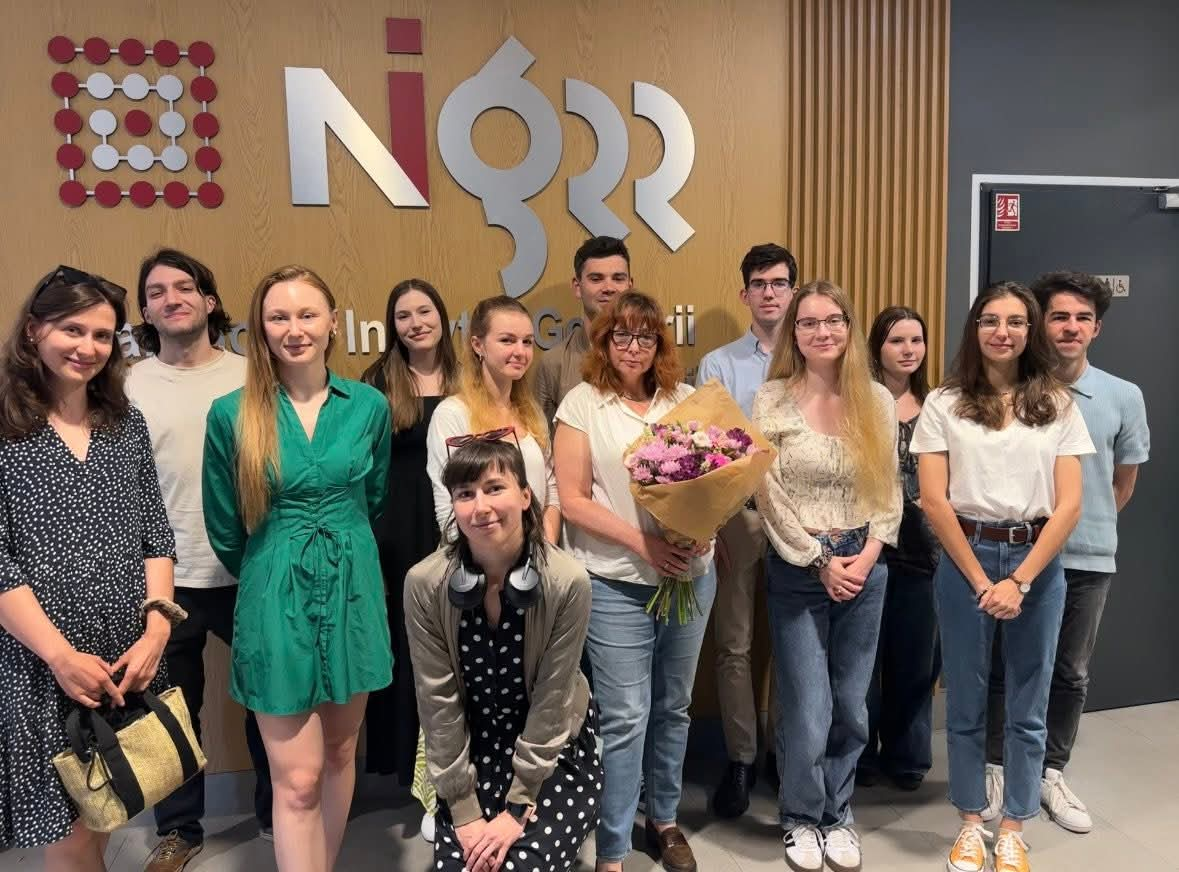
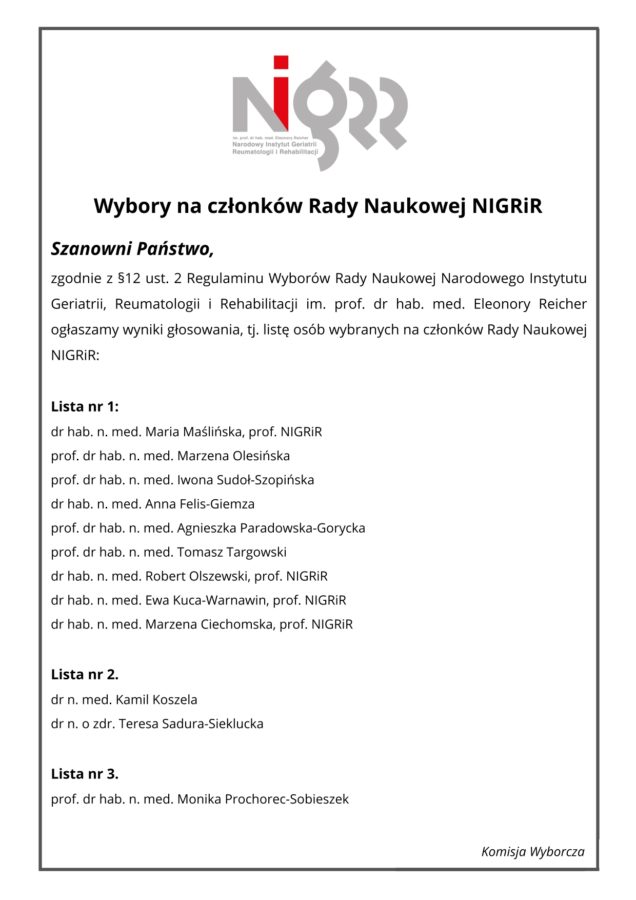
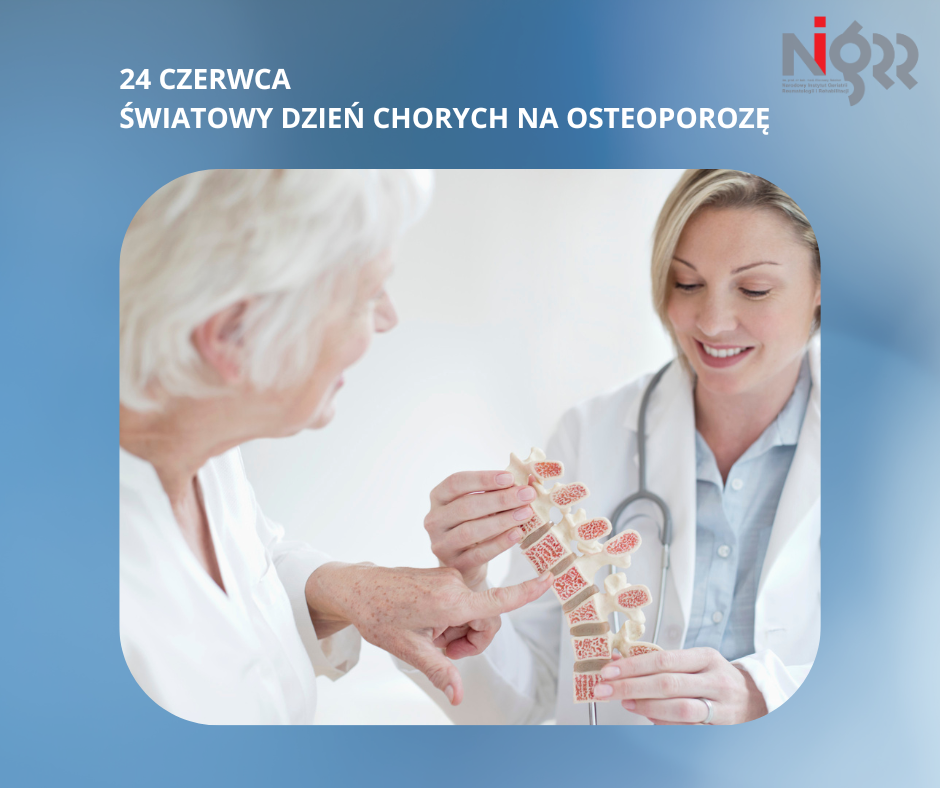
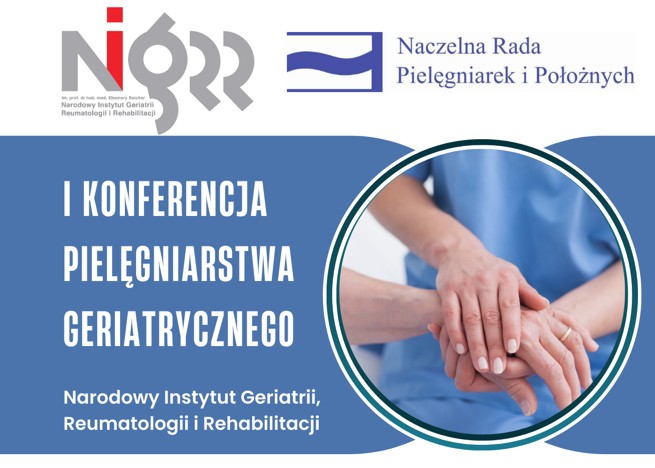
 Narodowy Instytut Geriatrii, Reumatologii i Rehabilitacji im. prof. dr hab. med. Eleonory Reicher – Instytut Badawczy zajmujący się zagadnieniami reumatologii, geriatrii, rehabilitacji medycznej, radiologii, neurochirurgii kręgosłupa i reumoortopedii. Prowadzi zarówno prace naukowe, jak i usługowo-badawcze.
Narodowy Instytut Geriatrii, Reumatologii i Rehabilitacji im. prof. dr hab. med. Eleonory Reicher – Instytut Badawczy zajmujący się zagadnieniami reumatologii, geriatrii, rehabilitacji medycznej, radiologii, neurochirurgii kręgosłupa i reumoortopedii. Prowadzi zarówno prace naukowe, jak i usługowo-badawcze.